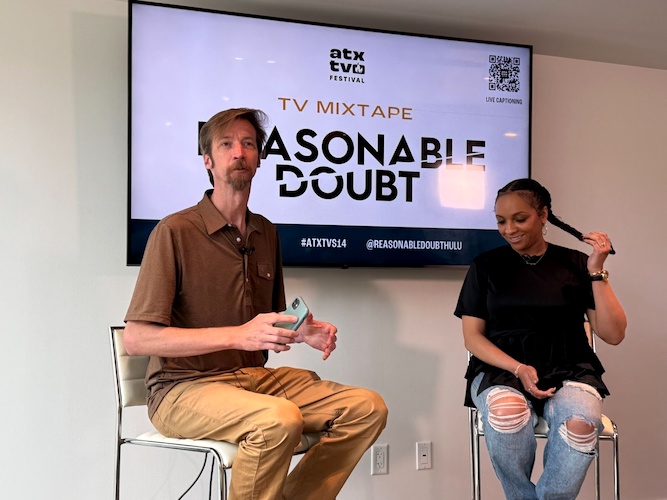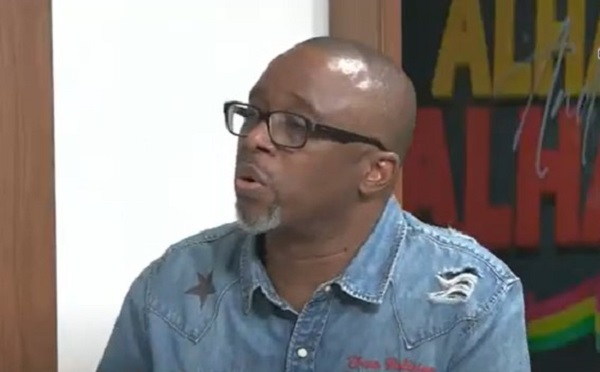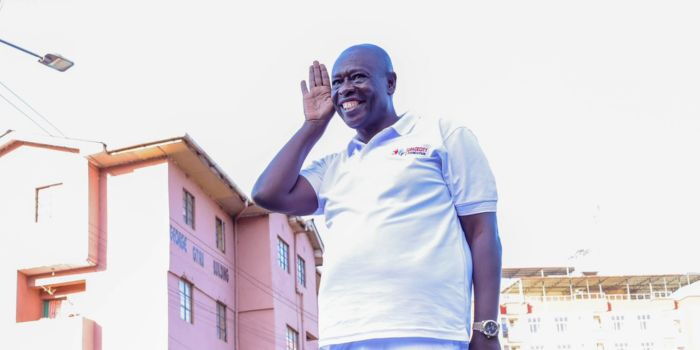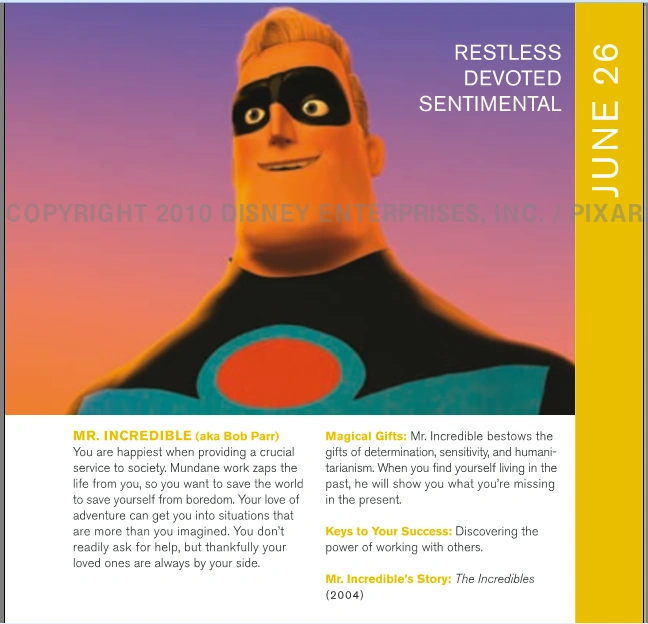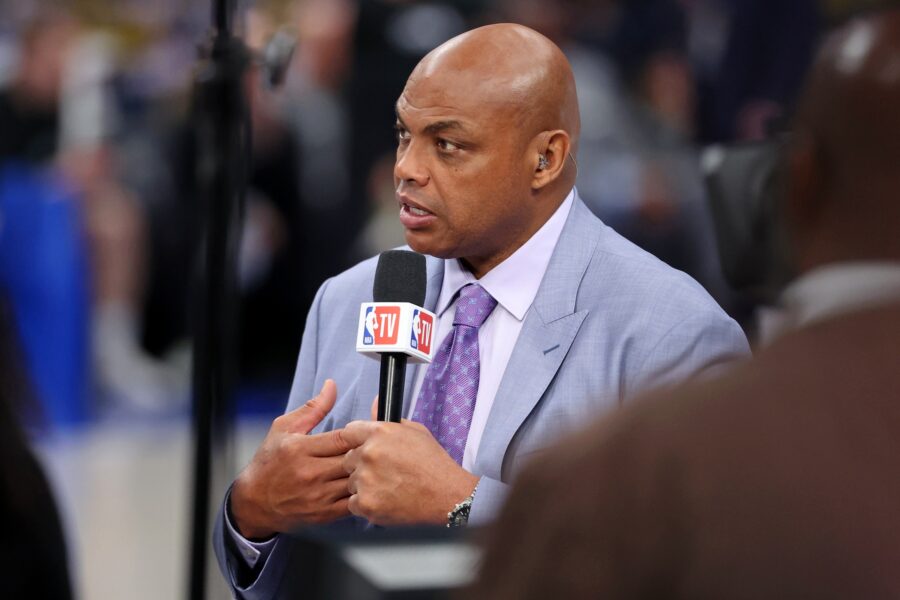"Reasonable Doubt" Showrunner Teases Season 3 and the Music That Drives the Series
At the 2025 ATX TV Festival, Reasonable Doubt creator and showrunner Raamla Mohamed sat down with music supervisor Tom Vale for an insightful conversation about how music, especially hip-hop, not only underscores but defines the Hulu and Onyx Collective legal drama. Throughout the discussion, Mohamed revealed how the series evolved from its original incarnation as a network procedural into a genre-blending streaming drama, and how music continues to influence everything from character identity to story arcs and tone as work on Season 3 progresses.
Mohamed shared that when the series was first developed, it was meant to air on ABC as a prestige procedural. “The show originally was sold to ABC, and then they passed," she explained. “Then the studio said, ‘Let’s redevelop it for streaming.’ Then COVID happened, and I got the benefit of things slowing down." With more time and flexibility, Mohamed rethought the entire structure of the show. Inspired by a studio executive’s suggestion to follow a single case over a full season, she leaned into a serialized mystery format. That shift allowed her to bring in the stylistic and emotional depth she wanted, turning Reasonable Doubt into the complex, character-driven series that ultimately premiered on Hulu.
From the very beginning, music has been central to Mohamed’s creative process. “Music is its own kind of storytelling," she said. “Sometimes I hear a song and it gives me a visual stimulation of what a scene could be." She often scripts songs into early drafts, especially major cues like episode openers or montage sequences, and works closely with music supervisor Jen Malone to clear tracks in advance, whenever possible. “What I don’t want is my heart to break because we couldn’t get clearance," she admitted.
Still, heartbreak does happen. Mohamed recalled trying to use Melanie Fiona’s “It Kills Me" in a pivotal scene, only to lose it due to an uncleared sample. “That one was hard," she said. “I thought, ‘I’ll never find another song that works.’" She eventually did, but those moments remind her why she builds clearance into the early stages of writing. She also navigates budget concerns with strategic thinking: “If I use Jay-Z in one episode, I know I need to go under for two others." Covers have become a valuable workaround, as seen when she had Alice Smith perform a version of James Blake’s “Retrograde" to stay within budget while maintaining the emotional impact of a scene.
That meticulous curation has led to some unforgettable pairings. When the first season opened with Ace Hood’s “Hustle Hard," it wasn’t just a cool choice; it was character-building. “It was important to me that the first song you hear when you meet Jax is this very masculine, hard rap track," Mohamed explained. “She wakes up, her alarm goes off, and that song drops. You immediately know who she is." Later seasons followed emotional shifts in the character through music, from R&B ballads in Season 2 to a mix of female rap and ego-driven tracks in the upcoming third season, which Mohamed calls Jax’s “soft girl era."
In describing her approach, Mohamed emphasized that music isn’t used to tell viewers how to feel, but rather to amplify what they’re already experiencing. “I don’t want the music to project an emotion onto the audience before the story does," she said. “It should confirm what you’re already feeling, not manipulate it." That same intention carries into the show’s score. Often, she uses instrumental hip-hop—what she jokingly calls “hood score"—under courtroom scenes to inject urgency and attitude. In some cases, she’ll even alter an edit to better match the rhythm of a track. “I drive the editors crazy," she laughed. “But I’d rather change the edit than lose the beat."
Working with Malone has been key to making these choices happen. The two collaborate closely, often trading artist suggestions and alternate options in case songs fall through. “Jen really fights for the songs," Mohamed said. “She gets why they matter to the story." That support allows Mohamed to feature not only iconic artists but also up-and-coming talent. Some lesser-known performers have reached out with gratitude after being featured, and in at least one case—R&B singer Muni Long—the artist was already a fan of the show.
The panel also offered a few glimpses into what’s ahead. While Mohamed didn’t reveal plot details for Season 3, she teased that the musical identity will continue to evolve alongside Jax’s character. “There’s more female rap this season, but also some Travis Scott, Future… what I call ego rap," she said. “It’s still who she is—soft, but strong."
Looking back, Mohamed credits her lifelong exposure to music for shaping her storytelling instincts. Though she played piano as a child (despite never learning to read music), it wasn’t until recently that she realized how much influence her mother had. “She took me to concerts, played music in the house all the time," she said. “Now she’s 75 and still going to Drake and Kendrick Lamar shows. So yeah, I guess it makes sense."
Mohamed also acknowledged the influence of shows like Scandal, Grey’s Anatomy, Dawson’s Creek, and even 90210, series where music wasn’t just a background element but part of the cultural memory. “I still remember the songs that played during those iconic moments," she said. “I want Reasonable Doubt to be like that, too."
The first two seasons of Reasonable Doubt are now streaming on Hulu. Stay tuned for Season 3 news. Click here for more coverage from ATX TV Festival.
